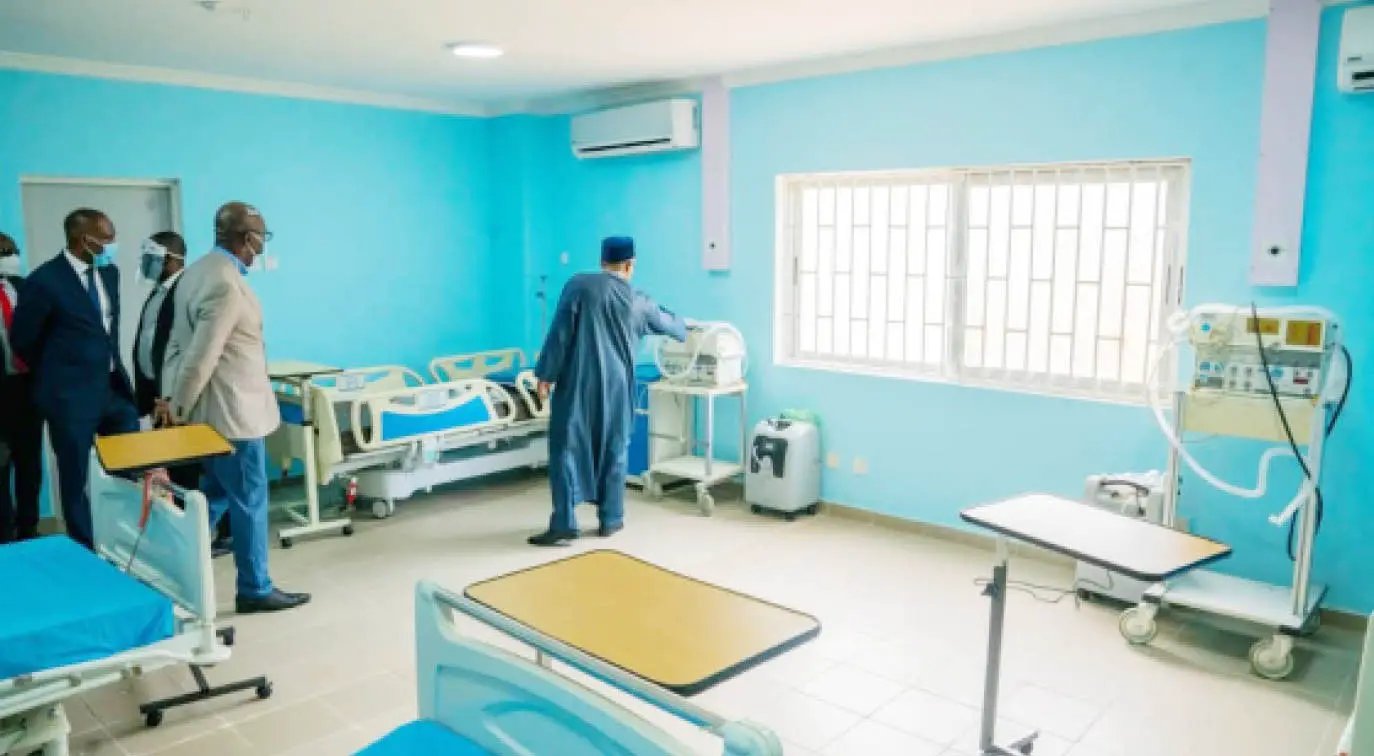[ad_1]
The Nigeria Centre for Disease Control and Prevention (NCDC) has said that Edo, Ondo, and Bauchi states account for 84 per cent of Lassa fever infections in the country.
The Director-General, NCDC, Dr Ifedayo Adetifa, said this in an Interview with the News Agency of Nigeria (NAN) on Sunday in Abuja.
Adetifa said that between January 2 and January 15, the country recorded 369 suspected cases of Lassa fever.
He said out of which 105 were confirmed positive from 30 LGAs in 10 states.
The NCDC said that the 10 states were Ondo, Edo, Ebonyi, Bauchi, Benue, Kogi, Imo, Oyo, Plateau and Nasarawa States.
He said that there had been seven deaths with a Case Fatality Rate (CFR) of 6.7 per cent in the country.
He said that since 2017, the NCDC, through the Lassa Fever Technical Working Group (TWG), had been offering support to all states and responding to Lassa fever, especially the high-burden states of Edo, Ebonyi and Ondo.
According to Adetifa, at the end of November 2022 and ahead of the projected rise of Lassa fever cases, the NCDC prepositioned supplies for case management, infection prevention and control and laboratory diagnosis, among others in all historical Lassa fever hotspots, including Edo.
He said that in December 2022, the agency in collaboration with partners, Federal and state-level stakeholders successfully conducted the finalisation and validation of a five-year strategic plan to reduce the Lassa fever fatality ratio in Nigeria to less than 10 per cent.
The NCDC boss said that in the last six years of the Lassa fever response in the country, there had been an establishment of Public Health Emergency Operations Centres (PHEOC) to ensure effective multi-sectoral coordination for early containment of outbreaks.
Adetifa, therefore, advised Nigerians to reduce the risk of Lassa fever infection and keep their environment clean always.
“Block all holes in your house to prevent rats from entering. Cover your dustbins and dispose of refuse properly.
“Communities should set up dump sites very far from their homes to reduce the chances of having rodents within their homes. Store foodstuff like rice, garri, (cassava flakes) beans, corn/maize etc in containers that are well covered with tight-fitting lids,” he said.
He said that Nigerians should avoid drying foodstuff outside on the ground or roadside where it would be at risk for contamination and also avoid bush burning which could lead to the displacement of rats from bushes to human dwellings.
“Eliminate rats in homes and communities by setting rat traps and other available means. Practice good personal and hand hygiene by frequently washing hands with soap under running water /or use of hand sanitisers when appropriate,” he explained.
He also advised Nigerians to visit the nearest health facility if they notice any of the signs and symptoms associated with Lassa fever as mentioned earlier. (NAN)
[ad_2]
Source link



